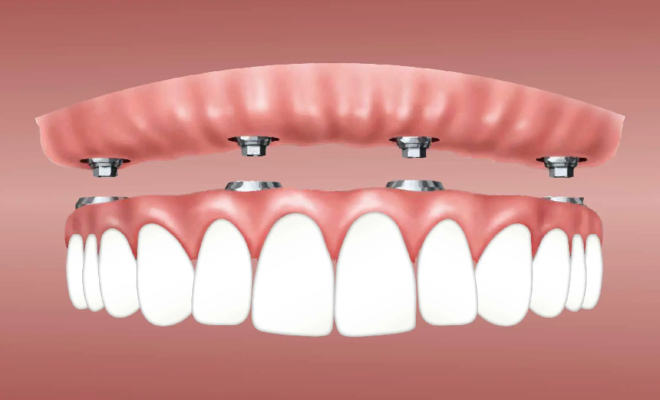How Alcohol Recovery Programs Can Help You Rebuild Your Life

Alcohol addiction can feel overwhelming, affecting every part of your life—from relationships and work to physical and mental health. Acknowledging that help is needed is the first step toward a positive change. One of the most effective ways to regain control and rebuild your life is through an alcohol recovery program. These programs are designed to guide individuals through the process of recovery, offering support, education, and structure to help you achieve lasting sobriety.
Understanding the Role of an Alcohol Recovery Program
An alcohol recovery program provides a structured approach to overcoming alcohol dependence. It is not just about stopping drinking; it focuses on addressing the underlying issues that may have led to addiction in the first place. These programs often combine medical care, therapy, and support systems to ensure that recovery is holistic and sustainable. By participating in a recovery program, individuals gain access to trained professionals who understand the complexities of addiction and can create a tailored plan for each person’s needs.
Medical and Professional Support
One of the critical aspects of an alcohol recovery program is professional guidance. Detoxification, often the first stage, is conducted under medical supervision to manage withdrawal symptoms safely. Healthcare professionals monitor your progress and ensure that any physical complications are addressed. This medical support not only makes the recovery process safer but also increases the chances of long-term success by laying a solid foundation for further treatment.
Emotional and Mental Health Care
Alcohol addiction often comes with emotional and mental health challenges, such as anxiety, depression, or low self-esteem. A well-designed alcohol recovery program incorporates counseling and therapy to help individuals work through these issues. Through one-on-one sessions or group therapy, participants can explore the root causes of their addiction, develop coping strategies, and rebuild their emotional resilience. Addressing mental health alongside addiction is crucial because it strengthens your ability to maintain sobriety and prevent relapse.
Building a Support Network
Recovery is rarely a solo journey. Alcohol recovery programs emphasize the importance of a support network, whether it’s through group therapy sessions, peer support groups, or family involvement. These networks provide encouragement, accountability, and shared experiences that can be incredibly motivating. Being part of a community of people who understand your struggles helps reduce feelings of isolation and reinforces the belief that change is possible.
Developing Life Skills and Healthy Habits
Another important element of an alcohol recovery program is learning new life skills and habits that support a sober lifestyle. This may include stress management techniques, time management, goal setting, and healthy lifestyle choices such as exercise and nutrition. By developing these skills, individuals can replace harmful behaviors with positive routines that promote overall well-being. These changes not only aid in recovery but also help in rebuilding relationships, pursuing career goals, and achieving personal fulfillment.
Preparing for Long-Term Recovery
Recovery does not end when a program concludes. Successful alcohol recovery programs provide tools and strategies for long-term sobriety. This includes ongoing therapy, alumni support groups, and relapse prevention plans. Learning how to handle triggers, stress, and social situations without turning to alcohol is essential for maintaining a healthy and productive life. Programs equip individuals with the knowledge and confidence needed to face future challenges and continue their journey toward a better life.
Rebuilding Relationships and Life Goals
Alcohol addiction can strain personal and professional relationships. An effective alcohol recovery program addresses the impact on these areas, helping individuals rebuild trust and communication with loved ones. It also encourages participants to rediscover personal goals and passions that may have been neglected during the period of addiction. By regaining control over your life and making conscious, positive choices, you can create a future that is meaningful and fulfilling.
Conclusion
An alcohol recovery program is more than a path to sobriety—it is a pathway to rebuilding your life. Through medical care, therapy, support networks, and skill development, these programs provide the guidance and structure needed to overcome addiction. By committing to a recovery program, you are taking an important step toward a healthier, more balanced, and fulfilling life. With dedication, support, and the right resources, it is possible to leave alcohol behind and embrace a future filled with hope, purpose, and personal growth.







